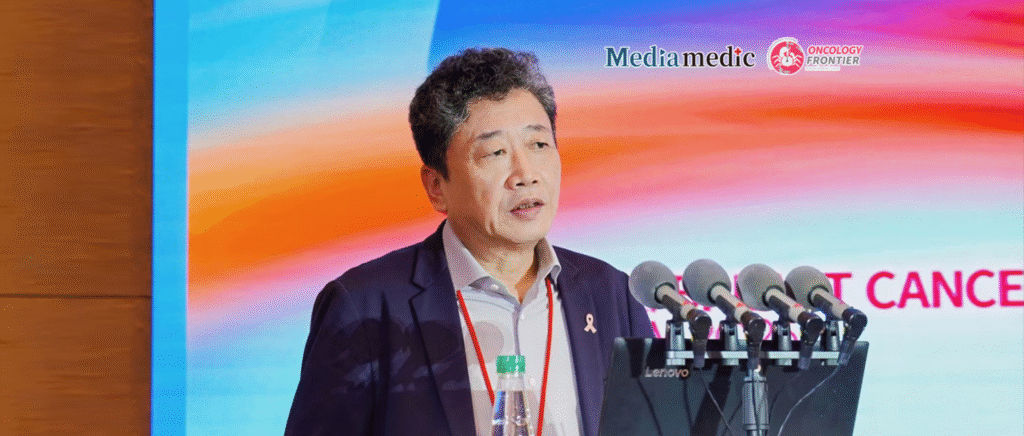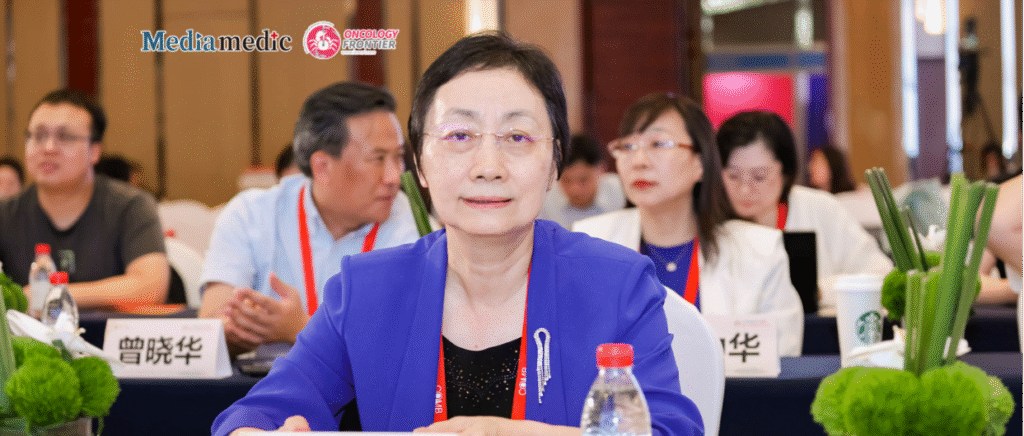
From August 27–31, 2025, the 16th Yan Zhao Breast Cancer Forum was held grandly in Shijiazhuang. The event was jointly organized by the Breast Cancer Committee of the Hebei Anti-Cancer Association and several other specialty committees, co-organized by the Beijing Breast Disease Prevention and Treatment Society, and hosted by the Fourth Hospital of Hebei Medical University and the Hebei Breast Disease Diagnosis and Treatment Center. This year’s forum focused on multidisciplinary innovations and cutting-edge concepts in breast cancer management, aiming to advance standardized care and elevate regional treatment standards. At the meeting, Oncology Frontier invited the conference chair, Professor Yunjiang Liu of the Fourth Hospital of Hebei Medical University, for an in-depth interview. He discussed the core principles of oncoplastic surgery (OPS) in breast-conserving surgery, shared clinical experience and outcomes from the multidisciplinary team (MDT) model, and offered forward-looking perspectives on promoting greater uniformity in breast cancer care across the region and nationwide.










